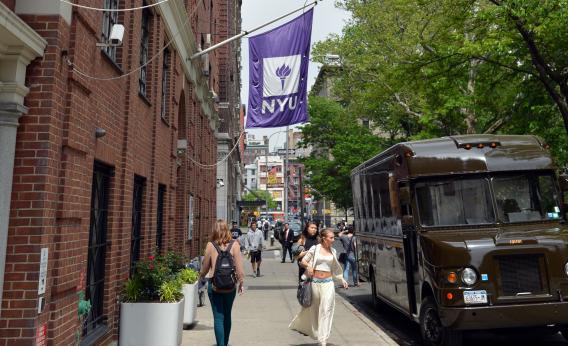Felix Salmon rightly notes that it’s perverse that well-heeled universities receive huge implicit tax subsidies often for activities with little relationship to education while public institutions end up starved of direct appropriations. In New York City, for example, the tax benefit that Cooper Union gets from owning the land beneath the Chrysler building works out to $18,200 per enrolled student, which is far more than is spent on City University of New York.
I would apply this logic more broadly, however—the widespread state and local government practice of not subjecting nonprofit institutions to property taxes is a perverse way of subsidizing them. One huge problem with it is that of all the ways you can come up with subsidizing a worthy nonprofit organization, a property-tax exemption has just about the worst incentive structure you can imagine. If you look at the list of things that churches and other religious institutions spend money on, “acquiring land and buildings” has got to be one of the least socially beneficial and worthy of encouragement. And it’s the same with universities. The tendency of administrators and the fundraising-donor complex to plow more and more money into more and more buildings is something policymakers should be looking to restrain, not encourage. And the distributional impact is perverse. Property tax subsidies give the biggest benefit to the nonprofits with the healthiest financial base. The colleges that do the most to serve the marginal college student get the least benefit from this form of subsidy, while well-endowed institutions reap vast benefits.
But this approach is also nutty as urban development policy. Level property taxes encourage land owners to transform valuable parcels of land into high-value uses that generate useful economic activity throughout the city. George Washington University is using prime land at the corner of 20th and H NW as an open air parking lot.
